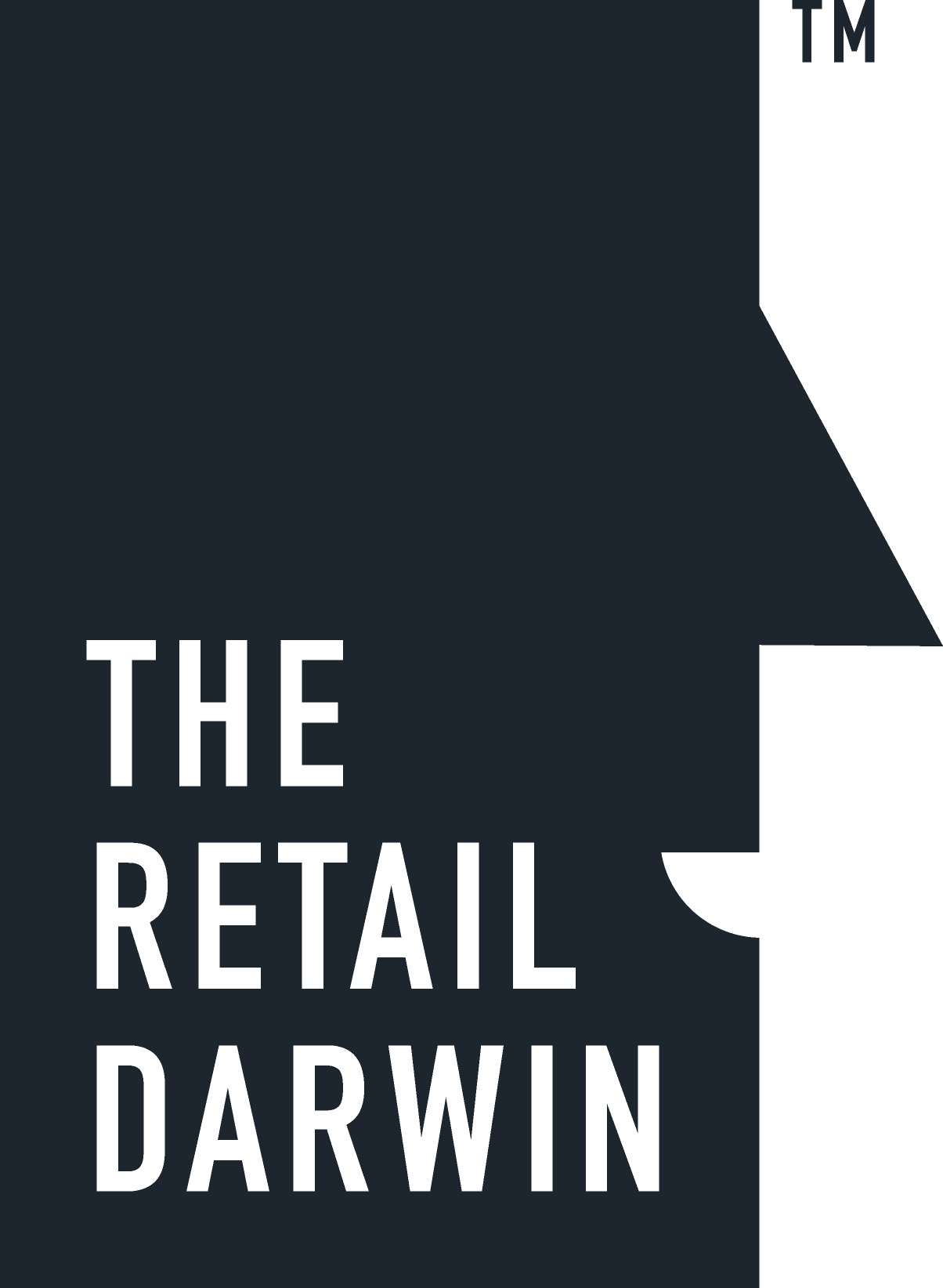From Ownership To Access
Why the sharing economy is winning over the “capitalism of me”
In 2011, Time named collaborative consumption as one of the “10 ideas that will change the world.” Today, from Spotify’s IPO to Lyft’s new monthly pass, more and more people are opting to pay for subscriptions rather than own static products. Companies aren’t buying buildings, they’re renting from WeWork and The Wing. Teenagers aren’t saving up to buy cheap cars, they’re catching rides with their phones. In Sweden, Husqvarna runs automated storage units that allow people to rent garden tools by the hour. In China, 246 million consumers are using a network of service points to rent and return power banks so their phone will never die.
In short, the sharing economy allows people to experience the value without the worry and expense of ownership—to enjoy the milk without having to raise the cow. Consumers can discover new music, new meals, and new clothes all at lower costs and without throwing more junk into landfills. Furthermore, in this new model built around access and services, sustainability shifts from a “nice to have” to actual economic imperatives. Since it’s the same companies that handle manufacturing, logistics, and equipment, they have to make sure that their equipment lasts, and that the materials used to build that equipment are recycled or repurposed effectively.
While the sharing economy probably won’t dominate the world in the next decade, we can already see how it is transforming the way we live.


